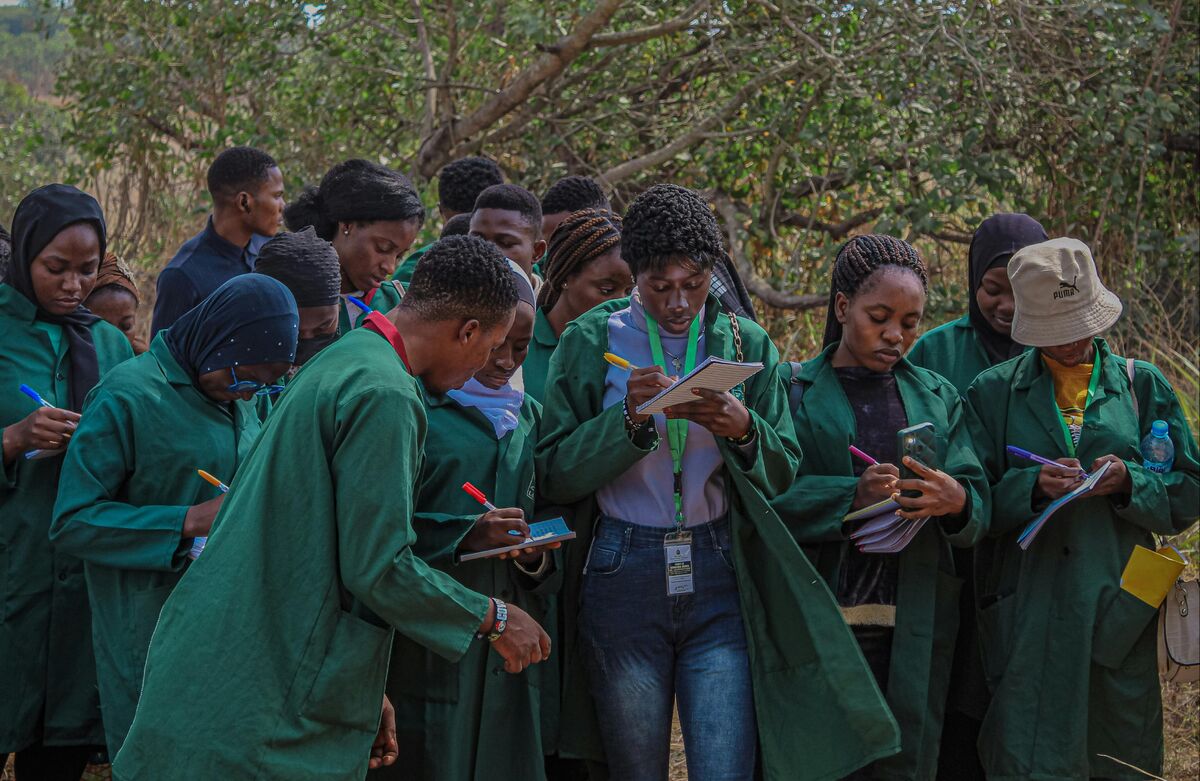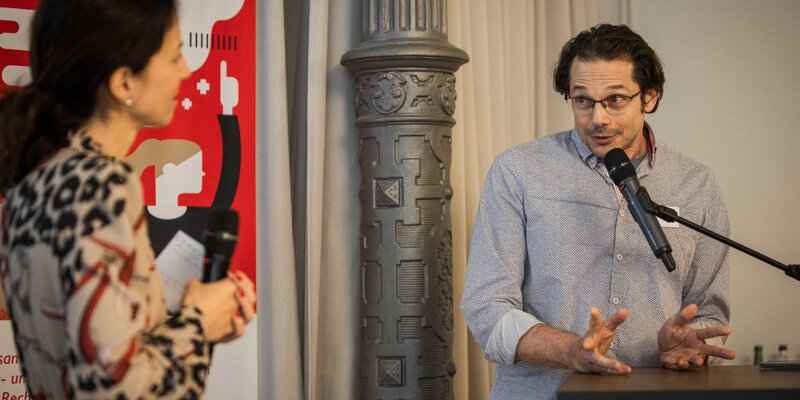Key Issues in Sexual and Reproductive Health
For many young Zambians, discussing sexual health is still considered taboo, which creates barriers to seeking information and care. In rural areas, health services are often underfunded or inaccessible, leaving young people without the resources they need to make informed decisions about their bodies. Additionally, misinformation and societal stigma about contraceptives, coupled with gender inequality, hinder many young women from exercising their sexual and reproductive rights.
In rural areas, health services are often underfunded or inaccessible, leaving young people without the resources they need to make informed decisions about their bodies.
An Innovative Solution: Linking SRHR to Entrepreneurship
Recognizing these challenges, innovative approaches have emerged to address SRHR issues while fostering economic empowerment. One such approach is supporting young Zambians in becoming entrepreneurs. This model integrates SRHR education into entrepreneurship training, enabling young people to gain both the knowledge and the economic stability they need to make healthier life choices.
Through initiatives like these, young entrepreneurs are trained to start small businesses while simultaneously receiving guidance on SRHR issues, such as family planning, HIV prevention, and gender equality. This dual approach empowers youth not only to take control of their reproductive health but also to build sustainable livelihoods.
The MMS-Podcast about an innovative approach in Zambia revealed that entrepreneurial training changes lives
Violet Chifunda the Program Coordinator for the youth-led organization, Young Women with a Vision (YWWAV) channels her passion for community-driven change into innovative initiatives aimed at empowering young people.
In this episode, Carine Weiss talks to Violetta Chifunda about why young women in Zambia drop out of school and why they don't believe in themselves and therefore make wrong decisions about their sexuality. We also talk about the taboo that young men are victims of sexual assault and are not listened to in Zambia. And we talk about how mentorship empowers young women and men to successfully translate their talents and skills into start-ups to become successful entrepreneurs.
By combining entrepreneurship with SRHR, young people can break the cycle of poverty and ill health. As they gain financial independence, they are better equipped to make informed health decisions, which in turn can reduce early pregnancies and STIs, improving their long-term prospects.
The Impact
This holistic approach has the potential to create ripple effects throughout communities. By combining entrepreneurship with SRHR, young people can break the cycle of poverty and ill health. As they gain financial independence, they are better equipped to make informed health decisions, which in turn can reduce early pregnancies and STIs, improving their long-term prospects.
In conclusion, addressing sexual and reproductive health in Zambia requires innovative, integrated solutions. Empowering youth through entrepreneurship is proving to be a promising strategy, offering a path to both personal and community development.









